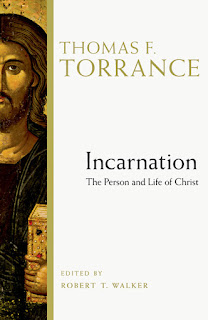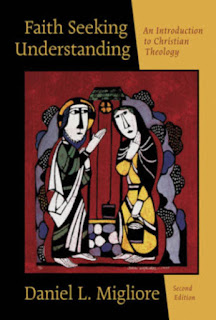A tale of two Christmas pageants: Bethlehem’s angels and General Washington’s weary soldiers
“Wow! Someday I want to be in that Christmas pageant too! I wanna play the part of Joseph, or one of those kings bearing gifts, or a shepherd hearing from angels!” That's what I said as a small child thrilled with the wonderful sights and sounds of the big Christmas pageant at our church school. But it didn't turn out quite like I had wanted. Each year those main character parts were handed out to others, and my role was to simply sing in the children’s choir—a group of small white-shirted messengers of God, proclaiming the birth of a Savior named Jesus. Now don’t get me wrong, I’ve always loved singing, but wouldn’t it have been neat to wear a shiny crown and a colorful robe as one of the wise men from the East bearing gifts for the newborn King? Finally one year I landed a speaking part (seven whole words!), but instead of the regular pageant with angels and wise men and shepherds, this time it was for a most unusual little production. We enacted parts of the true story ...




